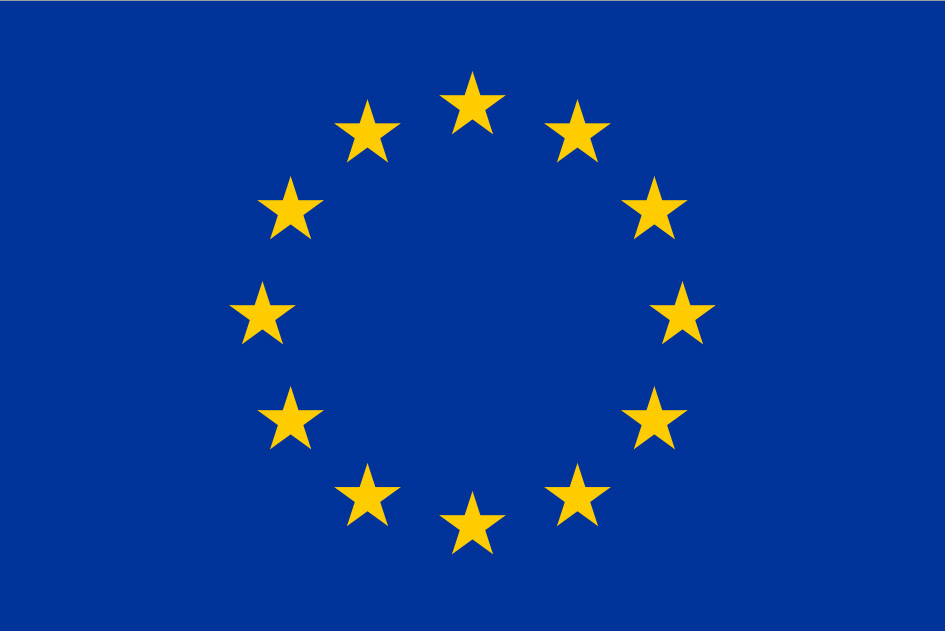Microsoft to Give EU Users a Browser Choice
The European Union antitrust investigation into Microsoft and its bundling of Internet Explorer into every installation of Windows has caused the world's largest software maker to re-tool a special version of Windows 7 for the European market.
Microsoft's original plan to appease the EU was to not bundle Internet Explorer 8 with Windows 7 at all. But just last week, Microsoft proposed a new system whereby users would be presented with a choice upon installation of which browser he or she wishes to use.
"Under our new proposal, among other things, European consumers who buy a new Windows PC with Internet Explorer set as their default browser would be shown a 'ballot screen' from which they could, if they wished, easily install competing browsers from the Web," Microsoft general counsel Brad Smith said in a statement in a CNet story.
The European Commission confirmed that it received Microsoft's proposal of having a consumer ballot screen whereby consumers could easily install competing web browsers, set one of those browsers as a default, and disable Internet Explorer.
The Commission wrote in a memo, "Under the proposal, Windows 7 would include Internet Explorer, but the proposal recognises the principle that consumers should be given a free and effective choice of web browser, and sets out a means – the ballot screen – by which Microsoft believes that can be achieved. In addition OEMs would be able to install competing web browsers, set those as default and disable Internet Explorer should they so wish. The Commission welcomes this proposal, and will now investigate its practical effectiveness in terms of ensuring genuine consumer choice."
Should this be approved, it would be a positive step for European consumers. Previously, those in the EU were faced with a version of Windows 7 that would have no browser at all. This sparked concerns from the European Commission that, "without measures such as a ballot screen, [Microsoft's removal of IE] would not necessarily have achieved greater consumer choice in practice and would not have been an effective remedy."
Get Tom's Hardware's best news and in-depth reviews, straight to your inbox.
-
nukemaster This is still dumb. Lets face it, if you do NOT want to use IE, just use it ONCE to get your new browser. I have no issues having IE on for sites that need it and using FF for everything else.Reply -
teeth_03 Someone better go tell Ubuntu to quit auto installing Firefox thenReply
Seriously tho, it takes 10 seconds to open up IE, go to www.firefox.com and click the big Download Now button.
"But we euro-pee-ons hate IE so much,we cant bloody stand to look at it at all! Thats Bullocks! Rubbish!" -
sot010174 I don't think this will pose a problem to Microsoft. You'll be installing Win7 and the ballot screen will come up asking which browser you want. Ok, you choose Firefox. Oh... no network drivers... then all the other options would blank out making IE8 the only choice because its included on the installation media... duh...Reply -
DouglasThurman What, are the users in Europe too stupid to figure out how to go online and download a different browser?Reply -
chaohsiangchen I would like to have choice to run Internet Explorer 8 on any newer Linux distributions and OSX, even though I probably still prefer Chrome and FireFox. Come on, EU, now sue Apple Inc., Ubuntu, IBM and RedHat for bundle browers other than M$ IE8.Reply
-
IzzyCraft DouglasThurmanWhat, are the users in Europe too stupid to figure out how to go online and download a different browser?Those who are, are probably too stupid to choose a browser on their own.Reply -
maigo Fairly smart solution on M$'s part. I would have just pulled IE out of the build so they'd have no internets at all, that'd show the 'Union' they don't know whats good for the peopleReply -
wesleywatson But this is obviously the hand that Microsoft wants to succeed. Their first proposal would suck for the EU, so now they give them this one which will surely fly through. Game theory people.Reply
I imagine the ballot screen will have IE 8 first, in bold, perhaps having to click on an "Other browsers" button to get to the rest. "Are you SURE you want to install Firefox? Microsoft is not responsible for any DANGER from use of other web browsers."

